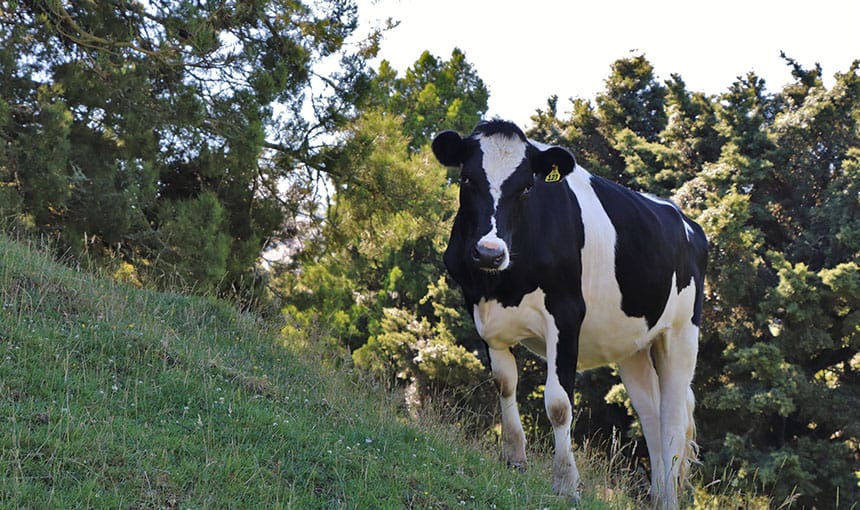
The appointment has been set up by BioHeritage project Farming & Nature Conservation and is being funded by the One Billion Trees programme. The goal is to provide impartial, expert advice to farmers, community groups and iwi to help them restore native biodiversity on their own terms.
University of Canterbury’s Professor David Norton is the driving force behind the role and says there is a huge need for it in rural New Zealand.
“Many farmers don’t want council staff coming onto their land because they’ve been burned before, but they want technical advice about what they’ve got and how they can protect it.
“With the One Billion Trees programme there is a tremendous opportunity for a substantial increase in the amount of native vegetation being established, but the challenge is to make sure that this is done well and contributes to landscape-level biodiversity conservation.”
David says there is information on restoration and conservation hidden away in scientific journals, a myriad of websites and people’s practical experience.
“We need to take that information and give it to the people on the ground. Only then will it have real impact and result in the positive outcomes we all want for our biodiversity in rural New Zealand.”
Dr Adam Forbes, from Forbes Ecology, has been selected for the initial part-time appointment. He will be based in the North Island with possible scope to travel and expand in the future.
“Ideally we would have multiple restoration or biodiversity ambassadors in each region. But having Adam working in Wairarapa, Hawke’s Bay, Gisborne and through into the King Country will provide help where there are relatively few resources,” David says.
The Restoration Ambassador will test material that Farming & Nature Conservation is developing for a biodiversity extension website. This aims to provide biodiversity restoration information to farmers and farm advisers online.
Both projects align closely with the BioHeritage Challenge goals of empowering New Zealanders to become kaitiaki of their land and restoring our indigenous biodiversity.